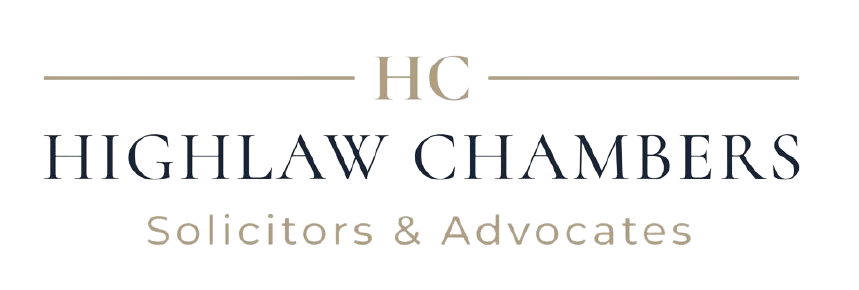A Guide to Industrial Design Protection in Nigeria
Safeguarding Your Product’s Appearance
In today’s competitive market, a product’s visual appeal can be a powerful differentiator. An eye-catching design can grab attention, enhance brand recognition, and ultimately influence purchasing decisions. Fortunately, Nigerian law offers a mechanism to protect these unique design elements: industrial design registration.
What is an Industrial Design?
An industrial design refers to the two-dimensional or three-dimensional features of a product, separate from its technical aspects. Think of it as the shape, configuration, pattern, or ornamentation applied to a product. The key purpose of an industrial design is to serve as a model or pattern for mass production.
Registration with the Nigerian Patents & Designs Registry
The Nigerian Patents and Designs Act governs the registration process for industrial designs. To qualify for registration, a design must meet the following criteria:
- Novelty: The design must be new and not previously disclosed to the public before the application filing date. Public disclosure includes advertising, exhibition, or similarity to an existing design.
- Non-Contrary to Public Order or Morality: The design should not violate ethical or moral standards in Nigeria.
What Can’t Be Registered as an Industrial Design?
- Purely Functional Features: Designs that solely relate to a product’s functionality (how it works) are not eligible for industrial design protection. These features may be more suited for patent protection.
- Works of Art: Sculptures, drawings, and other artistic creations are typically protected by copyright law.
- Specifically Excluded Items: The law excludes certain items from industrial design registration, such as wall plaques, printed materials, and works of sculpture not intended for mass production.
The Registration Process:
- Application Filing: An application is submitted to the Registrar, containing details about the design, the applicant, and the intended product use. Specimens or representations of the design are also required.
- Examination and Approval: The Registrar reviews the application for compliance and may request additional information. If satisfied, the design is registered.
- Registration Term and Renewal: Registration is valid for five years, with the option for two consecutive renewals of five years each.
Benefits of Registration:
- Exclusive Rights: A registered design grants the owner the exclusive right to prevent others from reproducing, importing, selling, or using the design for commercial purposes.
- Enforcement: The law provides legal remedies for infringement, allowing the owner to take action against unauthorized use of the design.
Conclusion:
By registering your industrial design in Nigeria, you gain a valuable tool to safeguard the unique visual identity of your product. This protection fosters innovation, promotes fair competition, and ultimately benefits both businesses and consumers.
Do you have any questions about industrial design protection in Nigeria? Leave a comment below, and we’ll be happy to address them!
